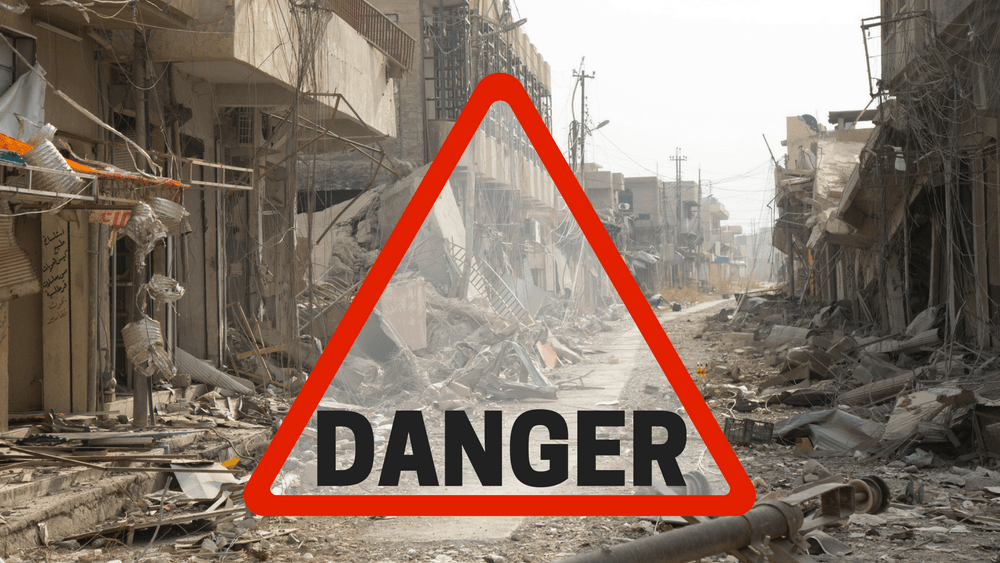Islamic oppression is the leading persecuting force in eight out of the top ten places on this years World Watch List. The List reveals the top 50 countries where persecution of Christians is the worst, and is updated annually.
“It is important when considering these facts to not lose sight of God’s sovereignty,” says Mike Gore, CEO of Open Doors Australia.
“It can be tempting for us to read stories of persecution and become angry or discouraged. The greater challenge is to continue following Jesus’ command to love our enemies and pray for those who persecute (Matt 5:44).”
10. Eritrea
The government technically allows churches, but has strict registration policies that require the church to provide the names of members. Many churches chose to continue operating without registering, in order to protect the safety of their members.
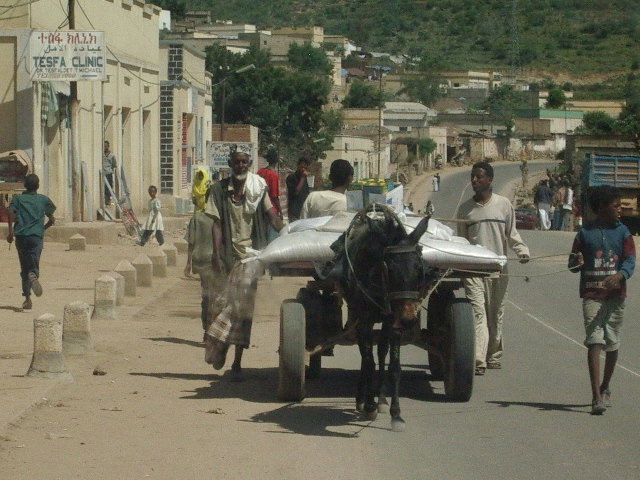
Asmara street scene Eritrea Open Doors
Christians who don’t belong to registered churches face massive pressure from the government. Believers who are found with material that is not from a registered church face violence and imprisonment in horrific conditions. Open Doors estimates that thousands of Christians have been imprisoned in Eritrea over the years and that many have died as prisoners.
9. Yemen
Strictly speaking, Yemen has no Christians. The law prohibits people from changing their religion, so it is nearly impossible to be a Christian in Yemen. Islamic extremism is a constant threat for believers in Yemen.
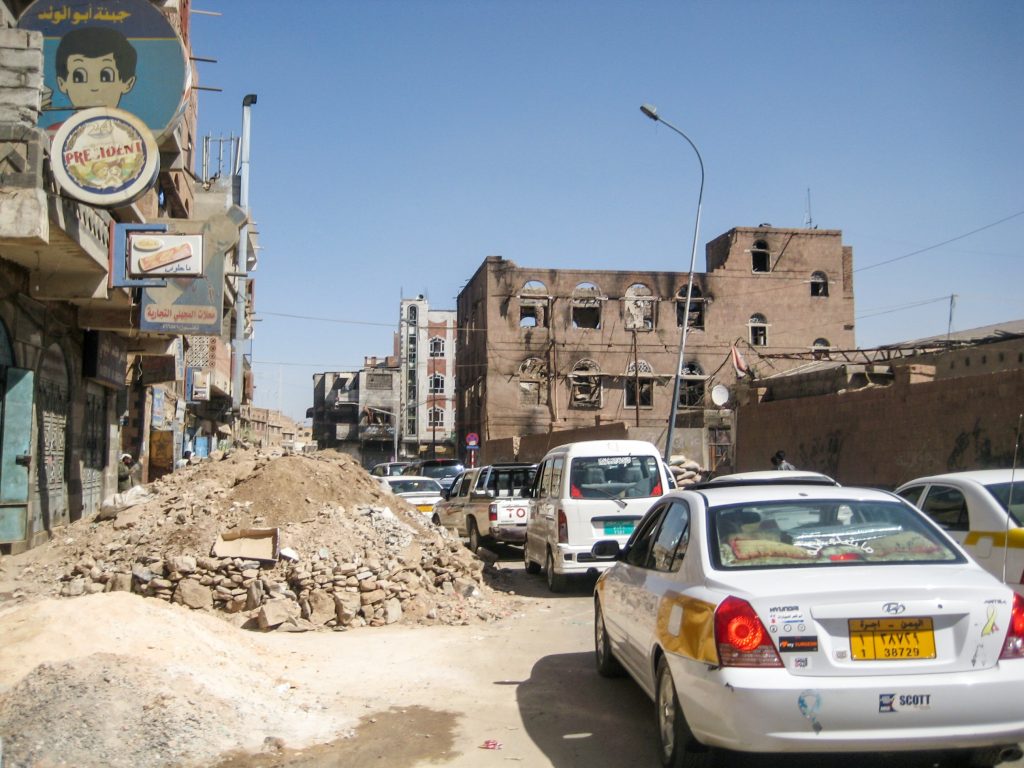
Capital of Sana’a in Yemen at early stages of fighting Open Doors
There are only three churches in Yemen: two Catholic and one Anglican. Until recently, the churches in Yemen were used mostly by expatriates in the country, however due to the conflict, few non-Yemenis remain.
8. Iran
Christians are forbidden to share their faith with non-Christians, and Muslims, who generally speak Farsi (official language of Iran), are not supposed to visit church services. Christians face persecution from government officials, non-Christian religious leaders, fanatical movements and revolutionaries.
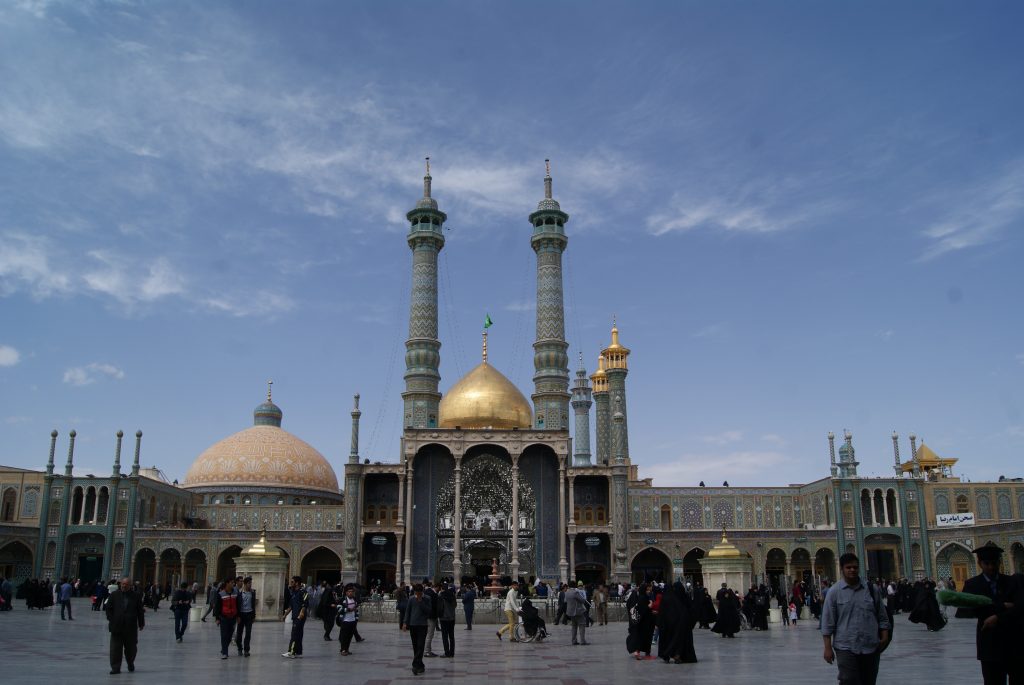
Mosque in Iran Open Doors
Muslim background believers are considered apostate. They have no legal protection under Iranian law and are subject to the death penalty under Sharia law. They rely on Christian radio, satellite television, the internet and books in Farsi to grow spiritually.
7. Iraq
It is impossible to publicly identify as a Christian, and converting from Islam to Christianity is illegal in Iraq. Muslim background believers face pressure from community and family for converting to Christianity. They risk being threatened and abandoned by their families for the shame it brings and are often discriminated by their communities.
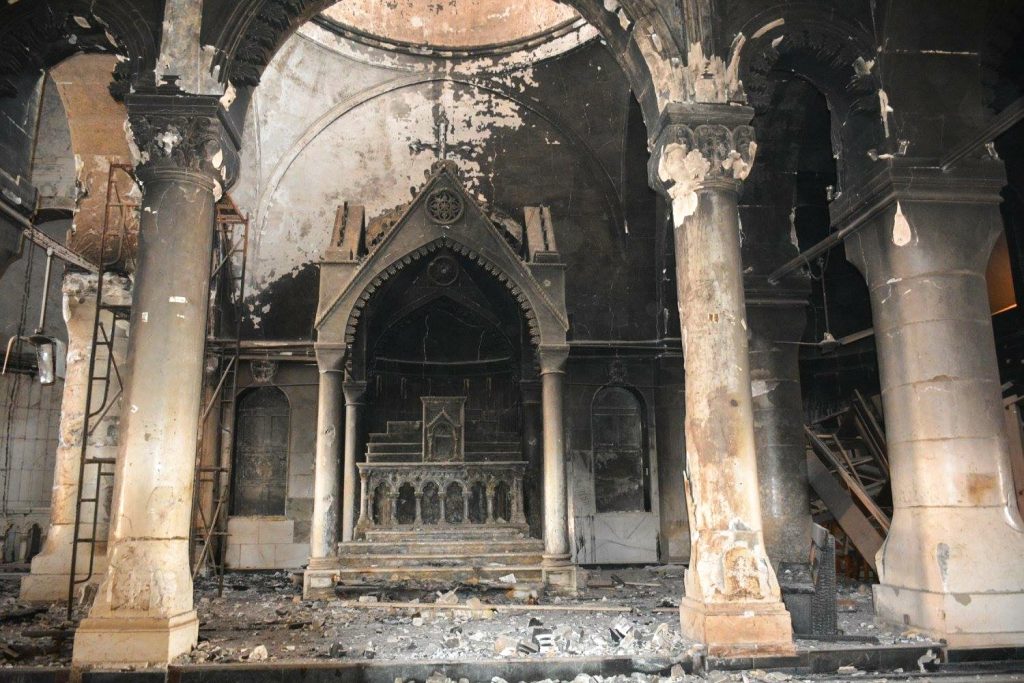
Burnt Interior of Tahira church Qaraqosh, Iraq Open Doors
There are very few Christians left in Iraq. The sustained campaign of Islamic State has seen hundreds of thousands of Christians flee their homes for neighbouring cities and countries, searching for safety.
6. Syria
The church in Syria is now under intense pressure as Islamic Extremists spread terror. Christians are often targeted in attacks as churches are destroyed and Christians taken captive. Few Christians remain in the active war zones, and many have fled to safety.
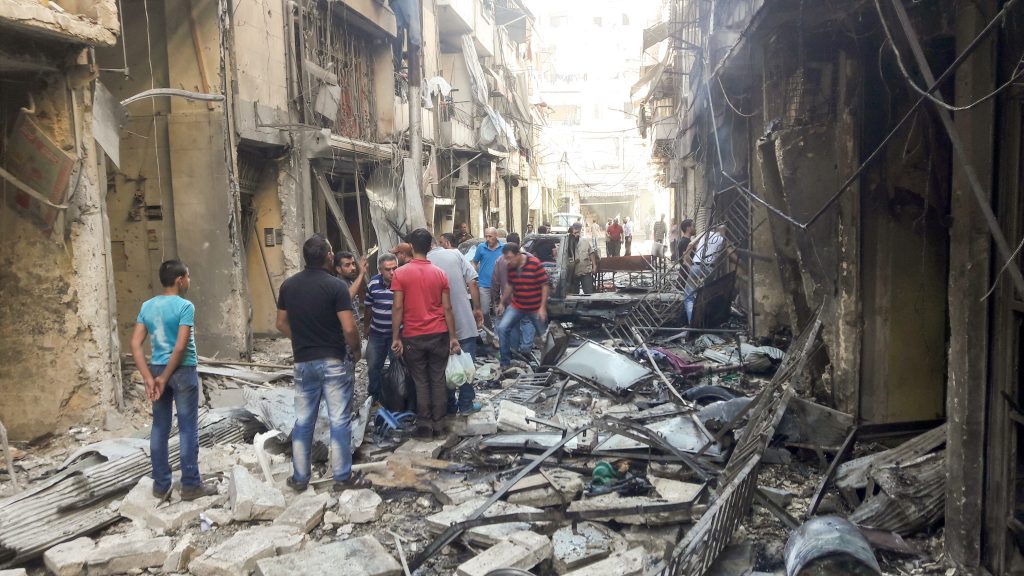
Destruction in Aleppo, Syria Open Doors
“In Syria, Iraq and other places near the birthplace of Christianity, Christian communities have nearly been wiped out in recent years,” says Mike Gore, CEO of Open Doors Australia.
A Syrian orthodox Priest has adopted the unusual tactic of entering various Islamic State prisons under the guise of inspecting them and has been instrumental in the release of 220 Christians.
A Syrian orthodox Priest has adopted the unusual tactic of entering various Islamic State prisons under the guise of inspecting them and has been instrumental in the release of 220 Christians. He told Open Doors workers, “I am going to grow my beard even longer, and I intend to look like an Islamic State fighter. I just got fed up hearing of (the) killings and fleeings. It was time to break the mould, and do something daring like Jonathan, the son of Saul, and go into the camp of the Philistines.”
5. Sudan
In Sudan, the punishment for converting from Islam to any other religion is death. Muslim background believers face the worst persecution, but all Christians are monitored by Muslim religious leaders and politicians.
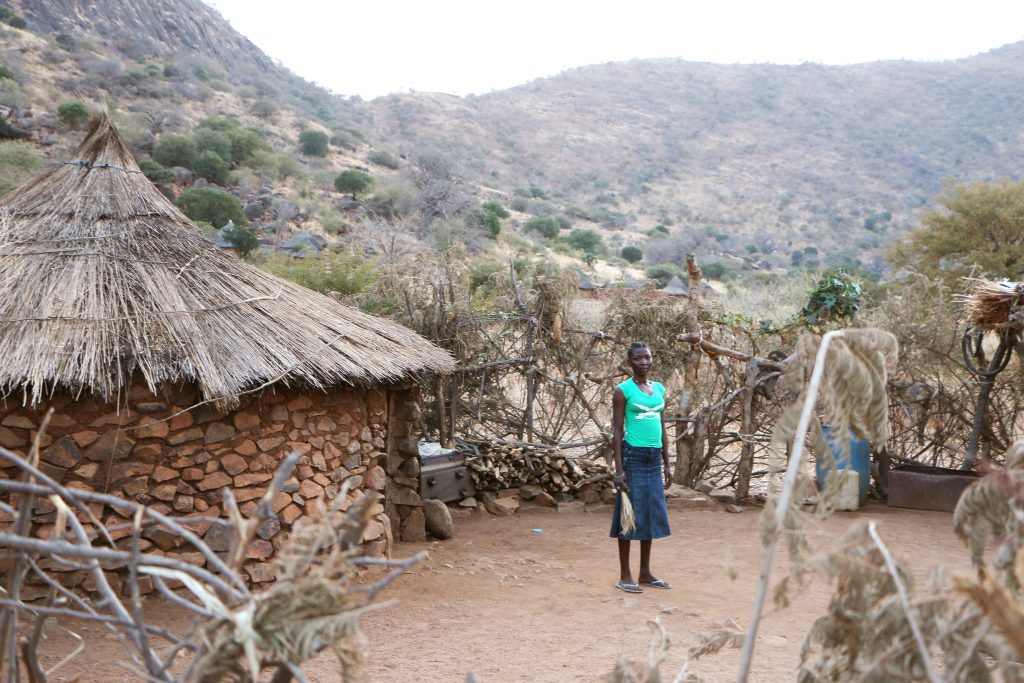
Nuba mountains of Sudan Open Doors
Churches have been demolished, and Christian pastors and priests detained in attempts to control and eradicate Christianity from the country.
4. Pakistan
Christians face often-extreme persecution from radical Islamic groups, the government and even friends and family. According to Open Doors, hundreds of women have been abducted, raped, and forcefully married, and others killed in violent mob attacks.
Asia Bibi was accused of blasphemy against Islam in 2009. According the reports, Asia offered water to some Muslim women she was working with in a field. They rejected her offer saying that because she was Christian the water was unclean or ‘Haram.’ The women told her to convert to Islam, she refused, and the complaint was made.
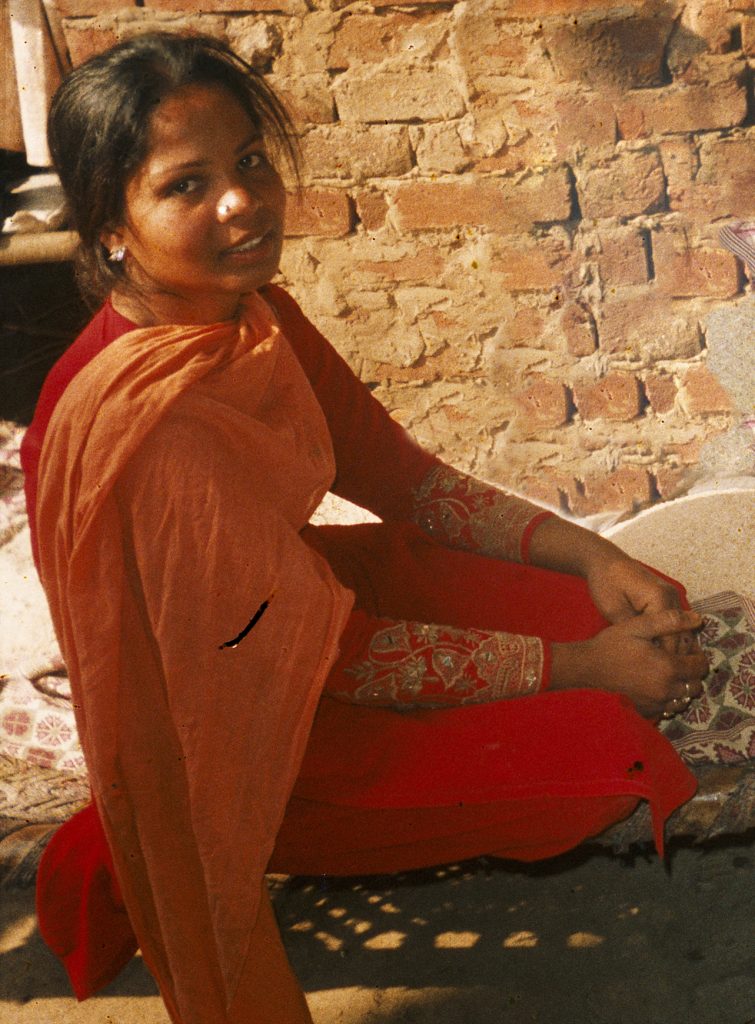
Asia Bibi in Pakistan appealing a death sentence for blasphemy Open Doors
The court found her guilty and in 2010 sentenced her to death. She was the first woman to be sentenced to death for blasphemy in Pakistan. Asia appealed the conviction, and four years later in 2014, the High Court heard her appeal, but upheld the death sentence on the grounds of blasphemy. She has a second appeal before the courts presently.
It is illegal for anyone to speak against Islam, and Christians are alienated, imprisoned, subjected to brutal violence and forced into menial jobs.
3. Afghanistan
There is no organised church in Afghanistan, although believers secretly meet together in small groups. It is not possible to live openly as a Christian.
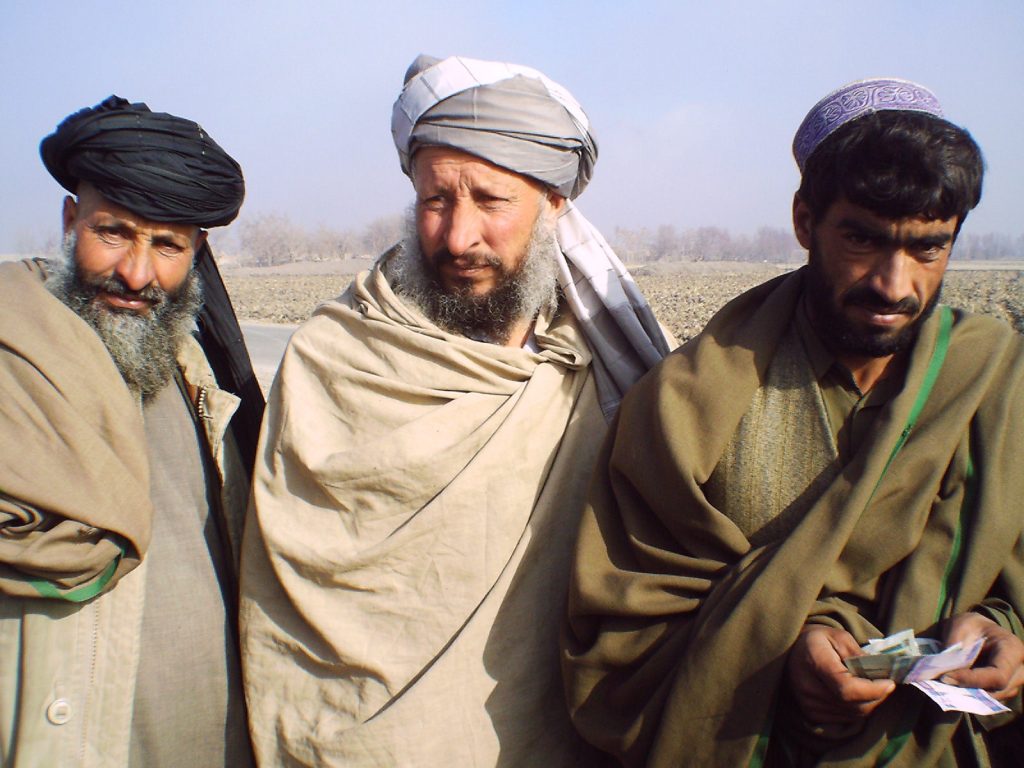
3 Afghan men Open Doors
Conversion to Christianity is seen as an insult to Islam, family and community. Converts from Islam face strong pressure from their family, friends and neighbours to recant their new Christian faith.
2. Somalia
Somalia has jumped from seventh in 2016 to second this year, with many Christians persecuted by the Islamic extremist group Al-Shabaab, which has publicly declared that it ‘wants Somalia free of all Christians’. There is no protection for Christians from violent radical Islamic groups.
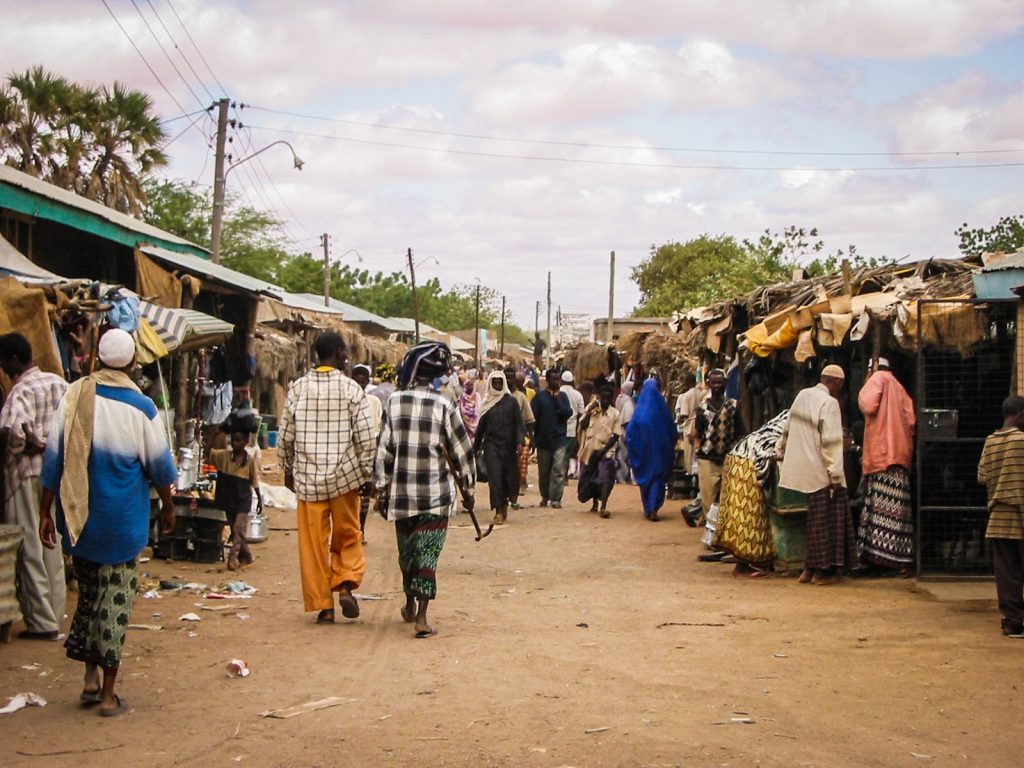
Street scene in Somalia Open Doors
Christians meet in secret but the government has stepped up measures to investigate where they gather. They are also working hard to find out who is involved in supporting and training Christians and reaching out to Muslims.
1. North Korea
North Korea is the most dangerous place to be a Christian, for the 16th year in a row.
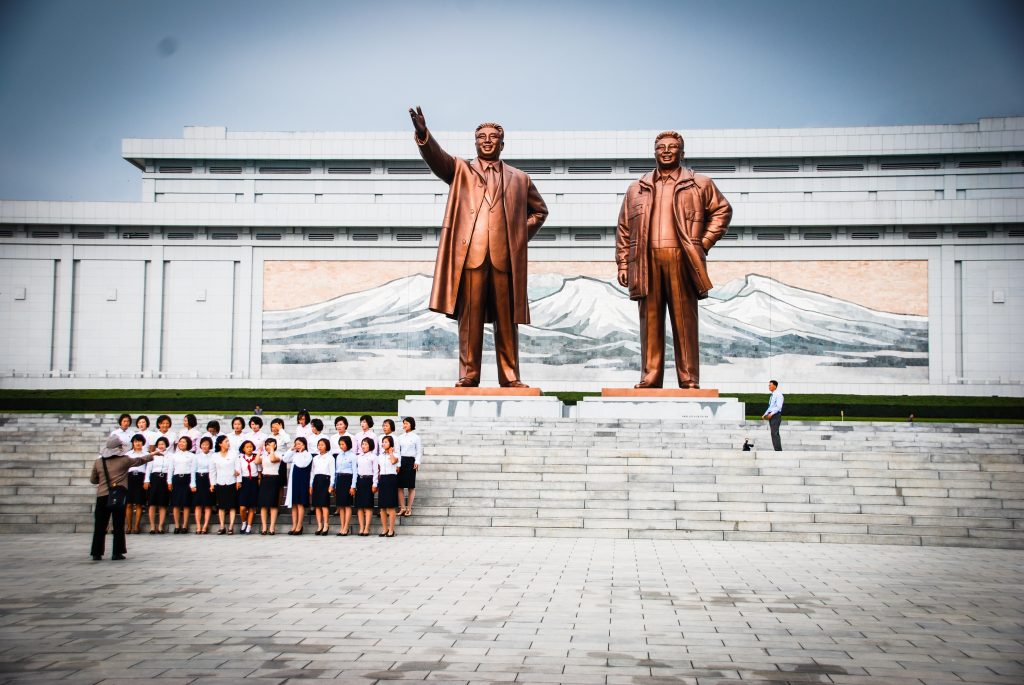
Statues of deceased leaders North Korea Open Doors
The church in North Korea is almost entirely underground and it is dangerous for believers to share their faith with anyone, including their closest family members. When the government discovers Christians, it punishes them (and their family) for following a ‘dangerous foreign influence’. Eternity understands that a large number of believers are imprisoned in North Korea’s penal labour camps.
Confirming the extent of persecution of believers, an Italian research group estimates that about 90,000 Christians died for their faith in 2016. That’s one every six minutes.
This number is lower than the 105,000 Christians who died for their faith in 2015.
The director of the Center for Studies on New Religions, Massimo Introvigne, told Vatican radio that approximately 70 per cent of those deaths are a result of tribal conflicts in Africa, where Christians have refused to take part in violence.
Introvigne says the rest were the result of terror attacks, the destruction of Christian villages, or government persecution.
Email This Story
Why not send this to a friend?
